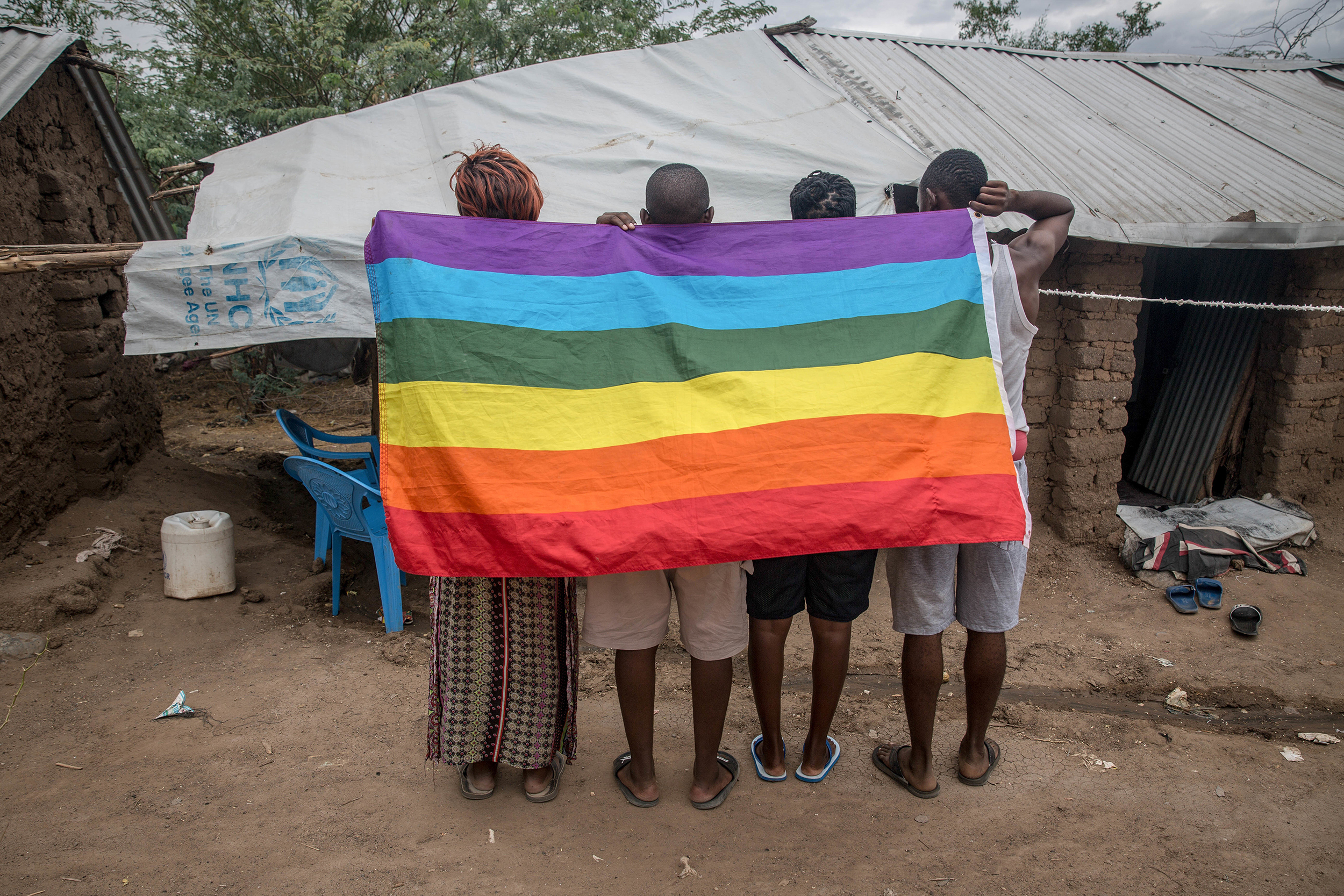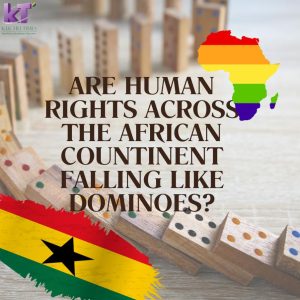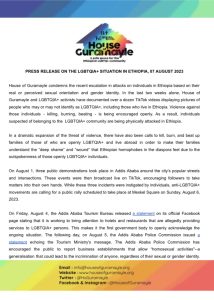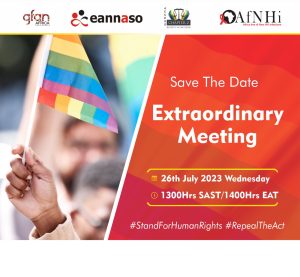Organization for Refuge, Asylum & Migration (ORAM) and Rainbow Railroad have released a report on the challenges facing LGBTQI+ refugees in Kenya.
The report established that there are an estimated 350 LGBTQI+ asylum seekers in both Kakuma Refugee Camp and Kalobeyei Integrated Settlement. Just over 71 percent of the LGBTQI+ asylum seekers fled their home countries due to SOGIESC persecution. On average, the respondents who fled due to LGBTQI+ persecution had been asylum seekers for an average of 2.7 years (range 0-9 years), compared to 12 years (range 2-21 years) for respondents who fled civil conflicts.
The data collected illustrated societal stigma and discrimination as well as self-stigma and physical violence among LGBTQI+ persons in the camp. The camp and neighboring settlements were very intolerant of sexual and gender diversity.
According to the report, over 90 per cent of the asylum seekers reported having verbal insults directed at them, while over 80 per cent reported having been physically assaulted. The high levels of homophobia, transphobia and biphobia prevented them from accessing livelihood programs as they tried to avoid the hostility from fellow refugees and the host community.
The report states that, to bridge the gap, the UNHCR and civil society organizations (CSOs) have been providing basic necessities, including food, shelter, sanitation services, health care and protection services. Among the priority needs expressed by LGBTQI+ asylum seekers are enhanced safety and protection services, access to specialized healthcare services that were not readily available at the camp, increased opportunities to earn an income through employment or skills building and fast-tracking of refugee status eligibility determination to reduce the length of time spent in Kenya.
“When I arrived at the camp, I was allocated space in Block 1 and provided materials to construct my shelter. On the same day, some other refugees came to my site. I thought they were welcoming me and assisting me to put up my shelter. They spoke to me in Kiswahili but I responded in English. One of them started shouting at me, calling me shoga. They took away my materials and chased me from the location. I went back to the reception to report my experience. I was referred to the police to record a statement. On getting to the report desk and explaining my situation, the officer manning the desk gave me a reference number and told me to go sort out my problems. He told me he is tired of dealing with homosexuals and I should consider going back to my country.” – A 29-year-old Ugandan asylum seeker
“Block 13 is the home of LGBTQI+ advocacy in Kakuma. Those of us who believe in our right to self-expression, those who believe we deserve equal treatment and those who are willing to stand up to oppression live in Block 13. We will do all that we can to attract the world’s attention to our plight until we are relocated to a safer and more accommodative environment.” – A transgender asylum seeker living in Block 13




